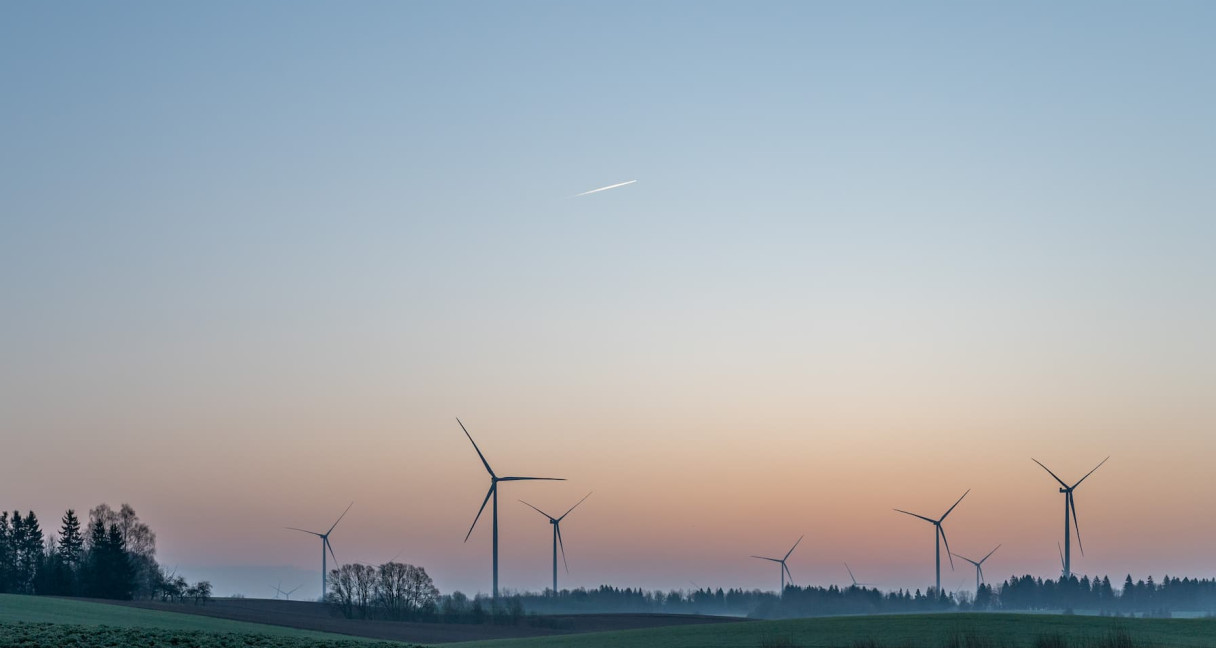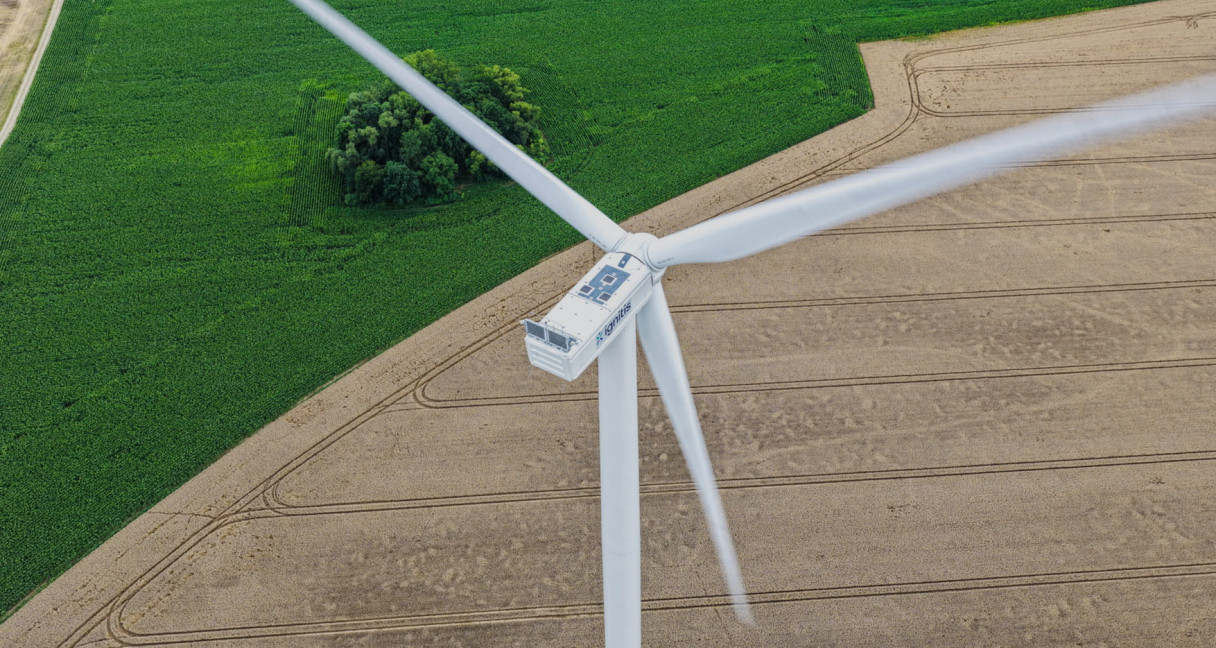Study: majority of Lithuanian citizens support wind farms in the Baltic Sea
The absolute majority of Lithuanian citizens rate electricity generation from renewable energy sources positively and believe that the country should produce all the energy it needs this way. Offshore wind energy has a significant role to play in this – the majority of Lithuanians are in favour of development of wind farms in the Baltic Sea.
The representative study, conducted by KOG Institute for Marketing and Communication Sciences, disclosed the respective opinions of Lithuanians. Moreover, the study also set out to find out how coastal area residents view offshore wind energy. It became apparent that most residents consider the electricity generation in the Baltic Sea to strengthen Lithuania’s energy independence and they have almost no misconceptions about wind farms.
The study showed that as much as 77% of Lithuanian citizens believe that it is strategically important for Lithuania to be able to generate all the electricity it needs itself, while nearly the same number of respondents (76%) agree with the statement that the electricity generation from renewable energy sources increases the country’s energy independence.
Also, 77% of the population agrees that offshore wind farms should be developed in the Lithuanian territory in the Baltic Sea to achieve the national electricity generation and energy independence goals, while only 9% say they do not support such projects.
In the coastal region, 66% of residents stated that they support the development of offshore wind farms. Paulius Kalmantas, Communication Partner at Ignitis Renewables, an international green energy company, notes that even though a slightly lower number of coastal region residents agree with the development of offshore wind, they are better informed about this type of electricity generation method and have fewer stereotypes about it compared to people living in cities, farther away from the Baltic Sea’s coastline.
“People living near the coast and in Western Lithuania have a stronger and more positive opinion on offshore wind farms than other Lithuanians. Coastal residents have a higher tendency to agree that such generation assets have no negative impact on the quality of life and are important for the national energy independence,” states P. Kalmantas.
For example, 67% of coastal residents believe that offshore wind farms are located sufficiently away from the residential territories for the noise generated by the wind farms to reach them. Whereas in Lithuania as a whole, only 18% of citizens agree with this statement.
Also, 61% of coastal residents agree that offshore electricity generation is more effective than onshore, 49% believe that such method of generation is more stable. At the national level, 17% and 12% of the residents agree with these statements respectively.
“To achieve the strategic goals of Lithuanian and European energy sectors, we must develop both offshore and onshore wind farms. However, when considering their differences, offshore wind farms clearly have greater potential as the electricity generation is more stable. Since we talk more about offshore in Western Lithuania, the locals are better acquainted with this information. At the same time, coastal residents are less scared of wind turbines because wind energy in the coastal region is no longer a novelty,” states P. Kalmantas.
It is also important to note that, even though citizens across the country believe that renewables play a major role in achieving energy independence, coastal residents maintain the opinion that offshore wind farms are also very important in this context. In total, 70% of Lithuanians and 77% of coastal residents consider offshore wind farms important for energy independence.
78% of coastal residents believe that the development of offshore wind energy can significantly contribute to the growth of the country’s economy, whereas this view is upheld by just 69% of Lithuanian citizens.
“It is clear that electricity generation from renewable energy sources, specifically offshore, has a very large support in Lithuania, while the coastal residents have fewer stereotypes associated with it. Many have a clear understanding that offshore wind farms are very safe, environmentally friendly, have no impact on landscape and can significantly contribute to Lithuania's green energy and energy independence goals,” notes Ignitis Renewables representative.
He reminds us that Ignitis Renewables is developing the first offshore wind farm in the Baltic states, Curonian Nord, with a capacity of up to 700 megawatts (MW), which will generate around 3 terawatt-hours (TWh) of green electricity per year, enough to cover around a quarter of Lithuania’s current electricity demand. The offshore wind farm is expected to become operational around 2030.
The representative opinion survey of Lithuanian residents was performed by KOG Institute for Marketing and Communication Sciences in spring 2024. Citizens between ages 18 and 64 from across Lithuania took an online survey. 1,009 individuals have participated in the survey in total. Additionally, 200 respondents from Western Lithuania (Tauragė, Jurbarkas, Kelmė and Mažeikiai) and 350 respondents from the coastal region (Neringa, Kretinga, Palanga and Klaipėda) were surveyed via the phone or in person.
You can find more information about the project at curoniannord.com.





